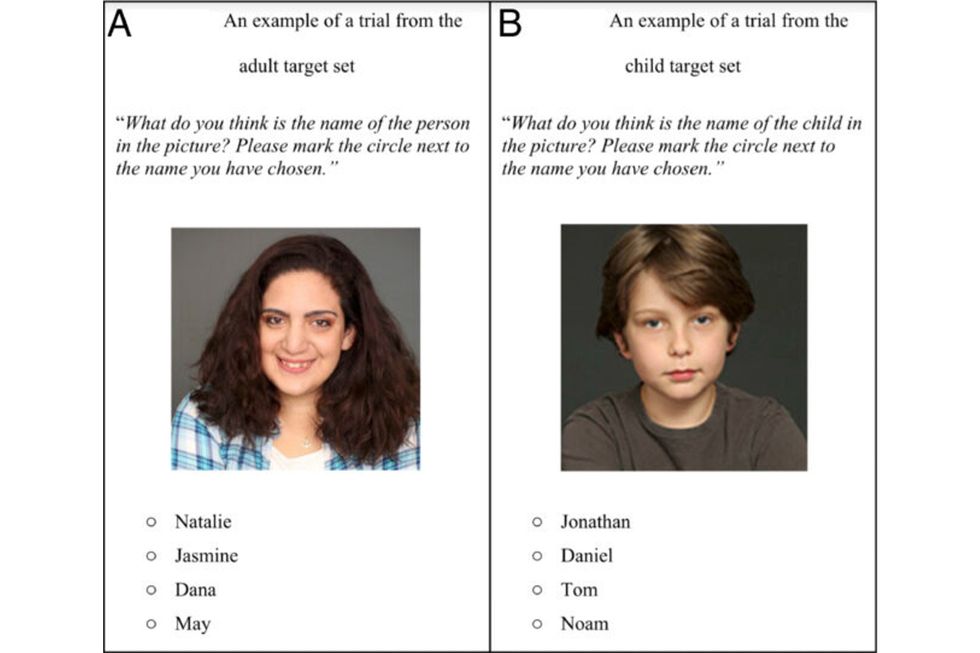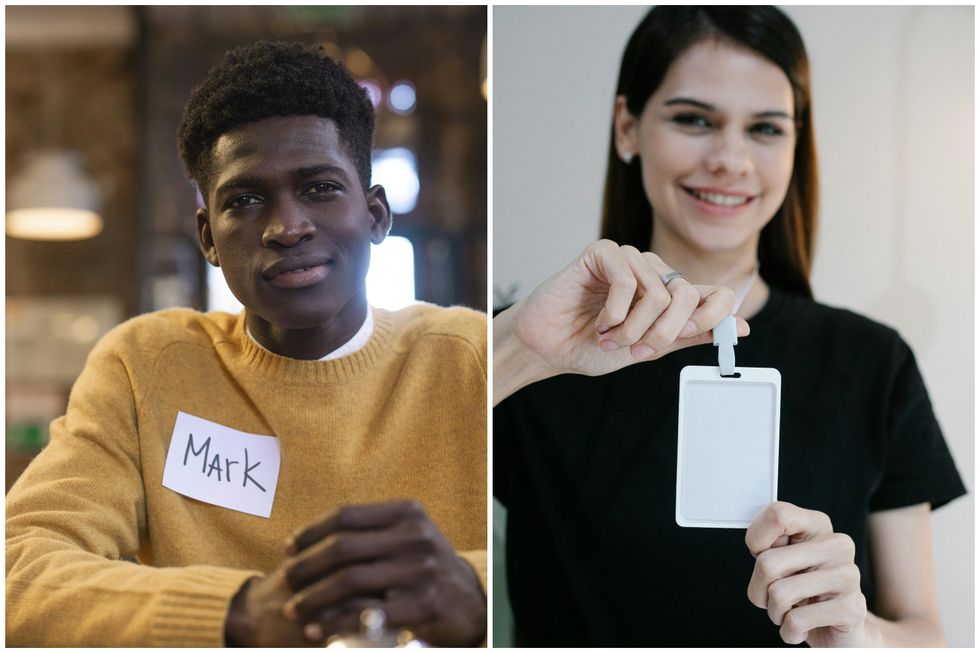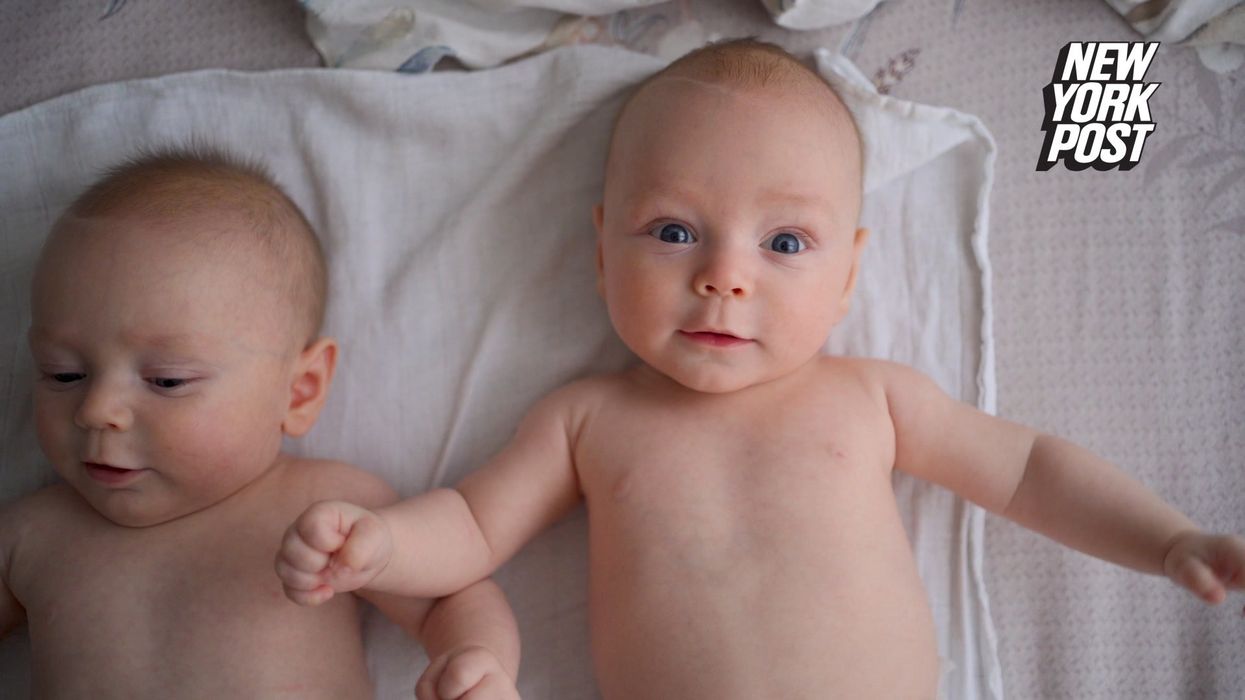Harriet Brewis
Jul 31, 2024
These baby names are on the brink of extinction in the US
New York Post / VideoElephant
You may have heard people noting how a name “suits” a person but, it turns out, it’s actually the other way round.
A new study has found that we tend to alter our appearance as we get older to better suit our names, whether that be through makeup, hairstyles, facial expressions or other embellishments.
The research, published in the journal PNAS, found that humans are able to guess another person’s name simply based on the appearance of their face.
However, whilst they select the correct name for adults at a startling rate, they are less successful when it comes with matching faces to names in children.
This suggests that we essentially adapt to fit our names over time, and this is all tied up with what is known as social structuring.
One of the paper’s authors, Yonat Zwebner, of Israel’s Reichman University, explained that her team’s research proves the influence of social constructs on a person’s development.
“We have demonstrated that social constructs, or structuring, do exist – something that until now has been almost impossible to test empirically,” she said in a statement.
"Social structuring is so strong that it can affect a person's appearance. These findings may imply the extent to which other personal factors that are even more significant than names, such as gender or ethnicity, may shape who people grow up to be."
Previous studies have found evidence that a person's facial appearance has a strange correlation with their given name. However, it wasn’t clear whether this was because people were given names to match their facial features as babies, or if their looks changed over the years to better suit their names.
So the new study, conducted by researchers at the Reichmann University and the Hebrew University of Jerusalem, tested this nature vs nurture debate by using human participants and machine learning algorithms.

In one test, children aged between eight and 12 and adults aged over 18 were asked to match names with the faces of children and adults as part of a multiple-choice test.
Both young and older participants were equally adept at matching the adult faces to their names, but they struggled when it came to children aged nine or 10, as Science Alert notes.
Even when the children’s faces were digitally aged to resemble adults, participants couldn’t guess their names above the level of chance. This indicates that a person's facial appearance develops after childhood to better suit their name.
In a follow-up test, the scientists trained machine learning algorithms to process a larger collection of facial image data.
These algorithms also found that adults with the same name tended to more closely resemble each other than adults with different names. Yet, the same was not true of children.
"Together, these findings suggest that even our facial appearance can be influenced by a social factor such as our name, confirming the potent impact of social expectations," Zwebner and her colleagues wrote in their paper.
They posited that birth names are, ultimately, “social tags” that can affect a person's appearance through a self-fulfilling prophecy.
As the years pass, people may internalise the characteristics and expectations associated with their name, embracing them "consciously or unconsciously, in their identity and choices," according to the researchers.
Put simply, society's expectations of how we “should” look seems to impact how we actually do end up looking.

The scientists now aim to investigate at what age a person begins to display the stereotypes associated with their names.
"These results suggest that people develop according to the stereotype bestowed on them at birth," the paper notes.
"We are social creatures who are affected by nurture: One of our most unique and individual physical components, our facial appearance, can be shaped by a social factor, our name."
Sign up for our free Indy100 weekly newsletter
How to join the indy100's free WhatsApp channel
Have your say in our news democracy. Click the upvote icon at the top of the page to help raise this article through the indy100 rankings
Top 100
The Conversation (0)














